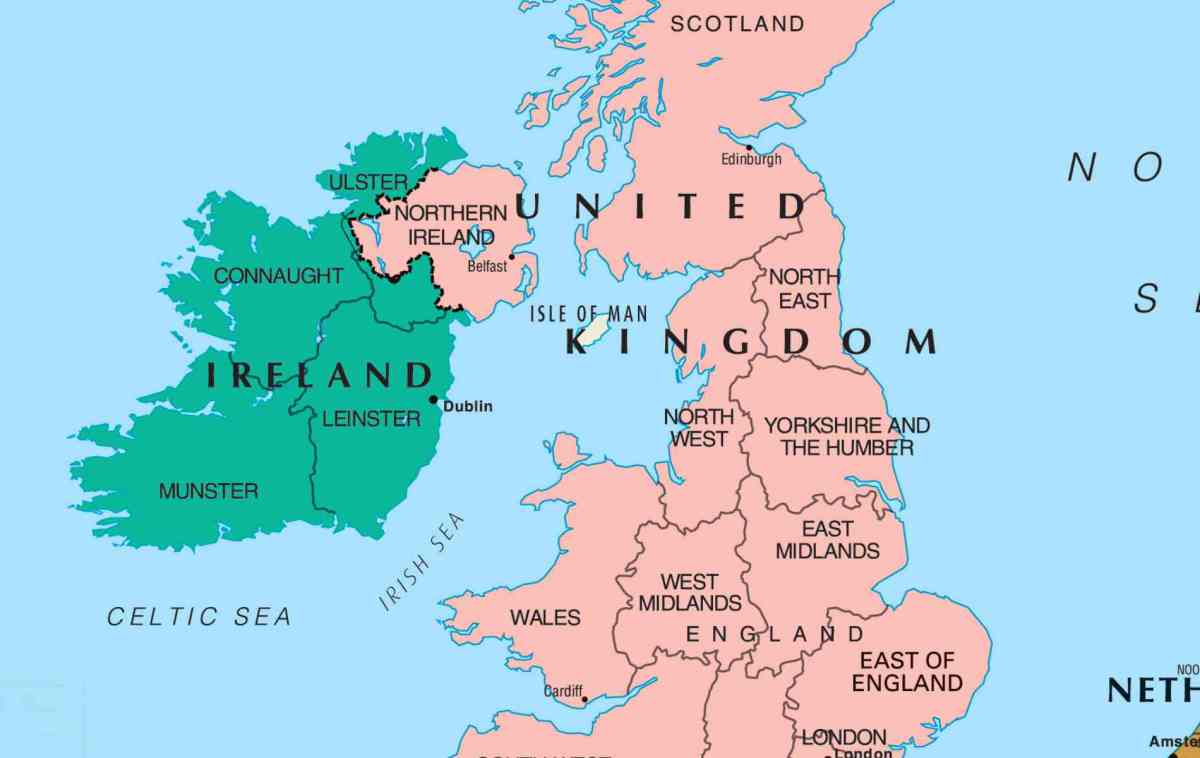Why in news?
British Parliament voted against Prime Minister Theresa May’s Brexit deal (plan for Britain’s exit from the European Union).
What is the present scenario?
- Ms. May is expected to face the motion of no-confidence against her government.
- But it is unlikely the motion, tabled by Opposition leader Jeremy Corbyn of the Labour Party, would be passed.
- Consequently, the onus of taking the country out of the EU will remain with Ms. May.
- Ms. May argues that there is no better deal than the one she has negotiated with the other 27 members of the EU.
- Yet, the difficult task of persuading MPs on the merits of the agreement exists.
- Ms. May will hope to win the Commons’ approval for a Plan B for Brexit.
- At the minimum, it must do better on the contentious Irish backstop.
What is the Irish backstop issue?
- “Republic of Ireland” is an independent country that is an EU member, while “Northern Ireland” is an autonomous territory within the UK.
- The UK and Ireland are currently part of the EU single market and customs union.
- So products do not need to be inspected for customs and standards.
- But after Brexit, the two parts of Ireland could be in different customs and regulatory regimes, which could mean products being checked at the border.
- The UK government does not want this to happen and the EU also does not want any hardening of the border.
- However, the current Brexit provisions, which include leaving the customs union and the single market, make this very difficult.
- In this backdrop, the backstop is an arrangement to maintain an open border on the island of Ireland.
- The arrangement allows the flow of goods between Northern Ireland and the Republic of Ireland.
- This is only in the event that the UK leaves the EU without securing an all-encompassing deal.

What are the challenges ahead?
- The EU is less likely to ensure that the backstop will not indefinitely lock Britain into a customs union with the EU.
- But that would necessarily limit London’s freedom to make trade deals with third states.
- Logically, Brexit supporters oppose this, whose prime motive is to regain sovereignty.
- Besides, deep differences persist within the Conservative and Labour parties on the terms of exit they must obtain from Brussels.
- There is also increasing clamour for a second referendum from remainers in the two parties.
- These groups view the uncertainty as symptomatic of a flawed Brexit project.
- They say the citizens should be enabled to make a more informed decision, given the mounting evidence on the economic impact of Brexit.
- But this view had, nevertheless, to be balanced with the consideration that the majority of MPs have resolved to respect the June 2016 referendum.
- In any case, a reversal of the 2016 Brexit result is not a guaranteed outcome.
- Given all these, an extension of the exit date seems the least controversial among many other alternatives for Ms. May for now.
Source: The Hindu, BBC
